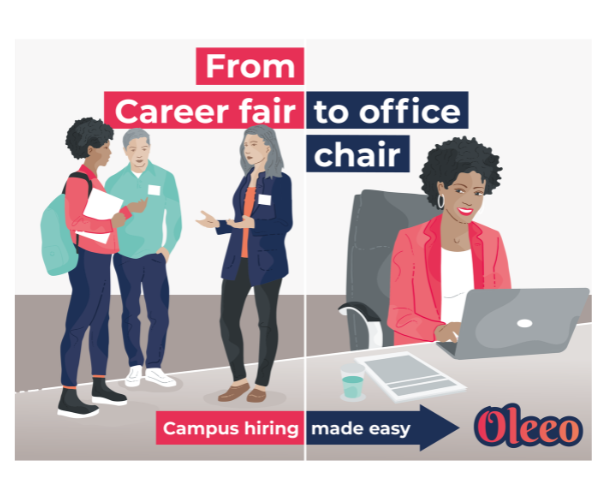
NACE MEMBER BENEFIT
NACE Brief: Understanding the Experiences and Attitudes of LGBTQ+ Students is free to NACE members.There are important—and troublesome—differences in pay, sense of belonging, and job offers that LGBTQ+ students experience during internships that impact their experience in the job search and employment, according to NACE’s newly released brief titled Understanding the Experiences and Attitudes of LGBTQ+ Students.
NACE found that LGBTQ+ students were less likely than their counterparts to:
- Be paid for their internship.
- Agree that they were paid fairly, that their work duties were meaningful, or that they want a career in the industry;
- Report that they felt like they belonged in their position; and
- Receive offers from their internship employers.
Beyond job offers for interns from their internship employer, LGBTQ+ students also received fewer job offers when applying to full-time positions, in general.
LGBTQ+ students make up close to 20% of the total population of U.S. college students. NACE’s research provides a starting point to better understand their internship experiences and workplace preferences.
Taken together, these findings provide the basis for the following recommendations for career services professionals in serving and talent acquisition professionals in recruiting and retaining LGBTQ+ students in internships and workplaces:
Provide/promote paid internships—While LGBTQ+ students take up internships at similar rates to their non-LGBTQ+ counterparts, they are less likely to be in paid internships. This is especially troubling because 1) unpaid internships can increase the economic insecurity of students, 2) paid internships are a significant avenue to a career position. Employers need to work to provide paid internships to close this equity gap, while career services can work to help employers understand the rationale for offering paid internships.
Review workplace practices and culture with an equity lens—While LGBTQ+ students overall felt positive about their workplace experiences, they consistently rated those experiences lower than did non-LGBTQ+ students. This indicates that there may be subtle forms of bias and/or challenges that LGBTQ+ students may be experiencing in internships. Reviewing internship workplaces with a focus on understanding the experiences of interns across demographic groups can help highlight those subtle differences and provide opportunities to remedy them.
For the first time in the history of NACE’s Student Survey, the representation of students who identify as LGBTQ+ in its sample (18.8%) approximates the overall student population who identify as LGBTQ+ (Gallup found that 20.8% of Gen Z adults—those born between 1997 and 2003—identify as LGBT). When looking specifically within the category of LGBTQ+ students in the sample, they overwhelmingly identify as female (69.2%) and close to 60% are white. The data for the NACE Brief: Understanding the Experiences and Attitudes of LGBTQ+ Students come from NACE’s 2022 Student Survey Report and were collected from February 22, 2022, to May 15, 2022. In all, 15,860 bachelor’s degree students responded from 262 four-year colleges and universities. Of those, 2,140 were graduating seniors.






